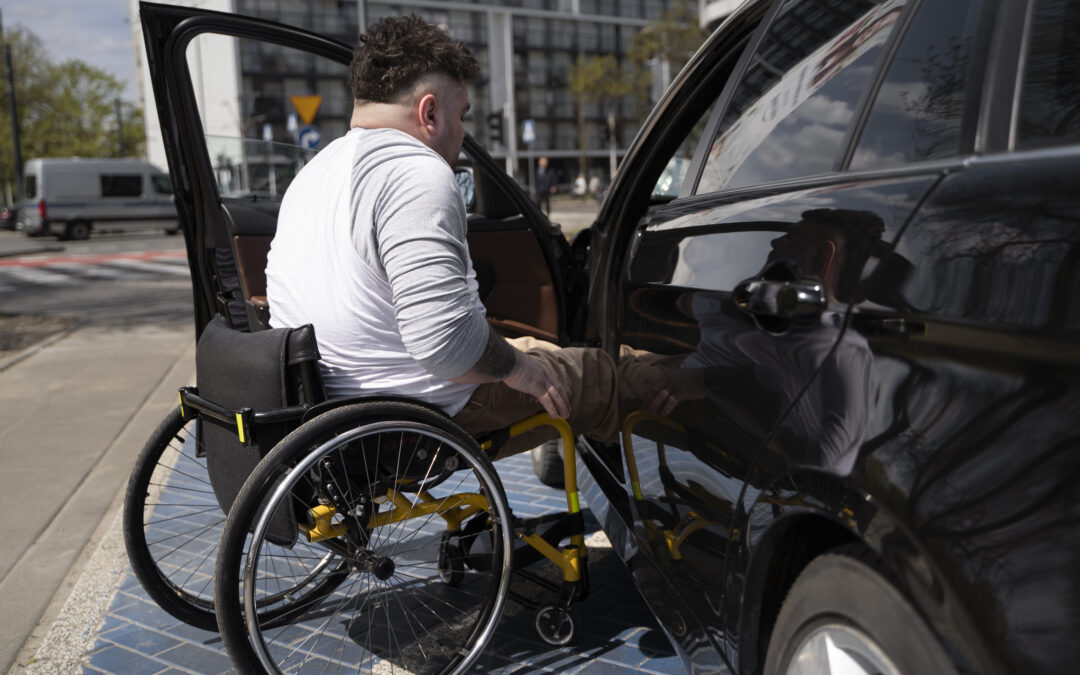In most car accidents, one or both drivers are typically found to be at fault for the collision. However, there are rare cases where a medical emergency may serve as a defense for the driver, allowing them to avoid liability, even if they were technically responsible for the crash. The “sudden medical emergency” defense applies when a driver is affected by an unexpected and unforeseeable medical condition, which prevents them from being considered negligent.
Understanding the Sudden Medical Emergency Defense
The sudden medical emergency defense is built around the idea that a driver was incapacitated by a medical event immediately before the accident, leaving them unable to control their vehicle. To invoke this defense, the medical emergency must be:
- Sudden: The event must occur without warning, giving the driver no time to react or prevent the accident.
- Caused by the medical event: The loss of control must directly result from the emergency.
- Unforeseeable: The driver must have had no prior warning or history of the condition.
For instance, if a driver suffers a heart attack behind the wheel without any prior history of heart issues, they may be able to use this defense. However, if the driver has experienced similar episodes before or ignored their doctor’s advice not to drive, the defense would likely not apply. In such cases, the law expects drivers to be aware of their health conditions and take necessary precautions, such as avoiding driving or keeping up with prescribed medications.
Can Accident Victims Still Seek Compensation?
Victims of accidents caused by sudden medical emergencies may feel like they have no legal recourse. However, the availability of the sudden medical emergency defense varies from state to state, and some jurisdictions may not recognize it at all. If you live in a no-fault insurance state, your own insurance will cover your damages regardless of who was at fault.
Even in cases where the defense is valid, victims may still be able to claim compensation through their own insurance policies, especially if they’ve purchased additional coverage for medical expenses and vehicle repairs. While this may result in paying a deductible or higher premiums, it can still provide essential financial relief after an accident.
Legal Considerations for Drivers with Disabilities
Unlike sudden medical emergencies, drivers with known disabilities are held to the same legal standards as any other driver. They are expected to comply with traffic laws and operate their vehicles safely. If a driver with a disability causes a crash, they cannot use their condition as a defense. Standard negligence rules will apply to determine liability.
For drivers with restricted licenses or special medical needs, compliance with the restrictions on their license and their doctor’s guidelines is crucial. For example, a driver who has limited use of their legs must install and learn to use hand controls to operate their vehicle. If they fail to do so and cause an accident, they may be found negligent. However, if the hand controls malfunction, the manufacturer could share some of the liability for the crash.
How LawyerUp.AI Can Assist
Handling legal claims involving sudden medical emergencies or drivers with disabilities can be tricky. LawyerUp.AI takes the complexity out of the process by using AI to build the strongest case arguments, then matching you with a lawyer focused on getting you the most compensation. Whether you’re an accident victim or a driver facing the aftermath of a medical emergency, LawyerUp.AI ensures you have the best legal support to maximize your financial outcome.

